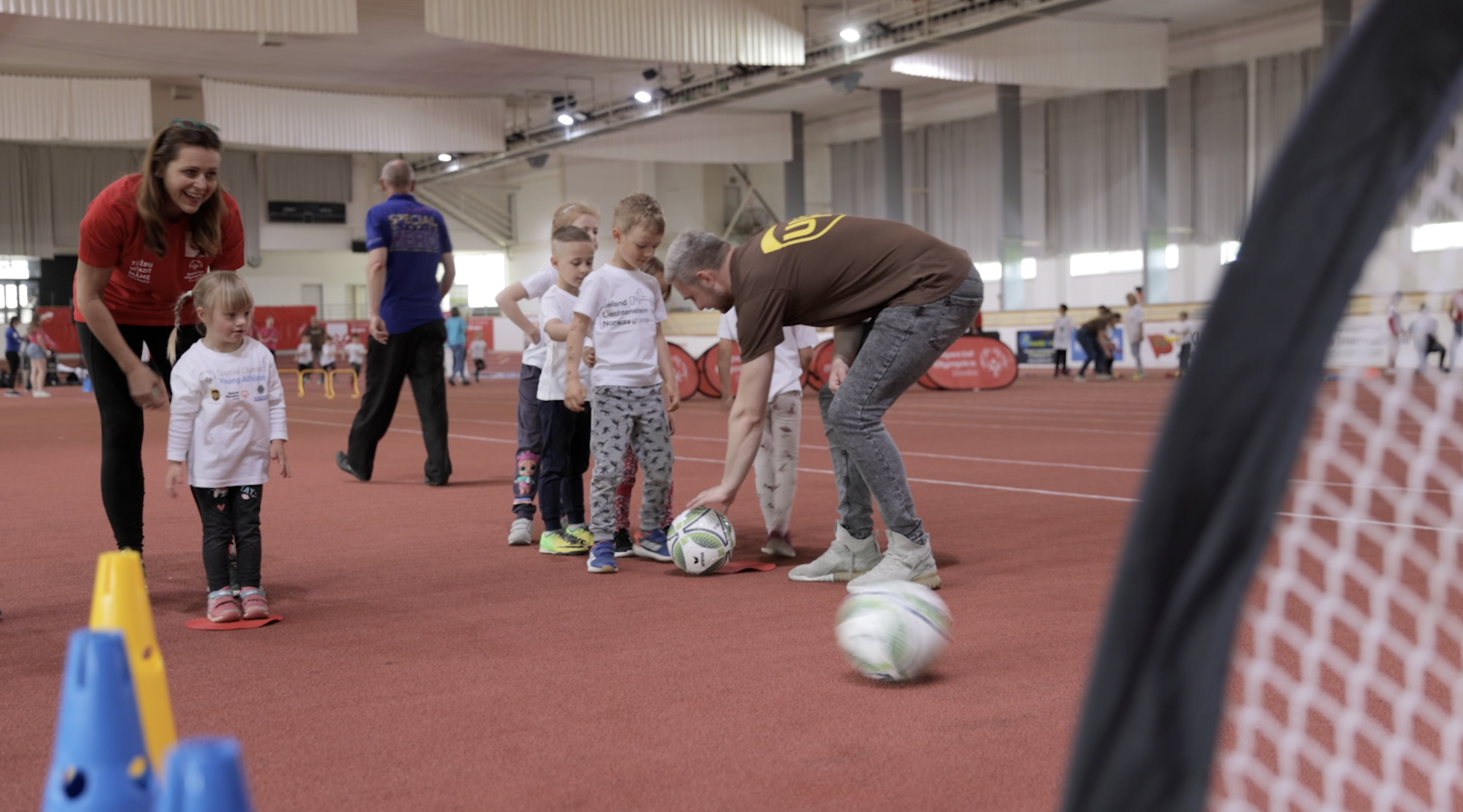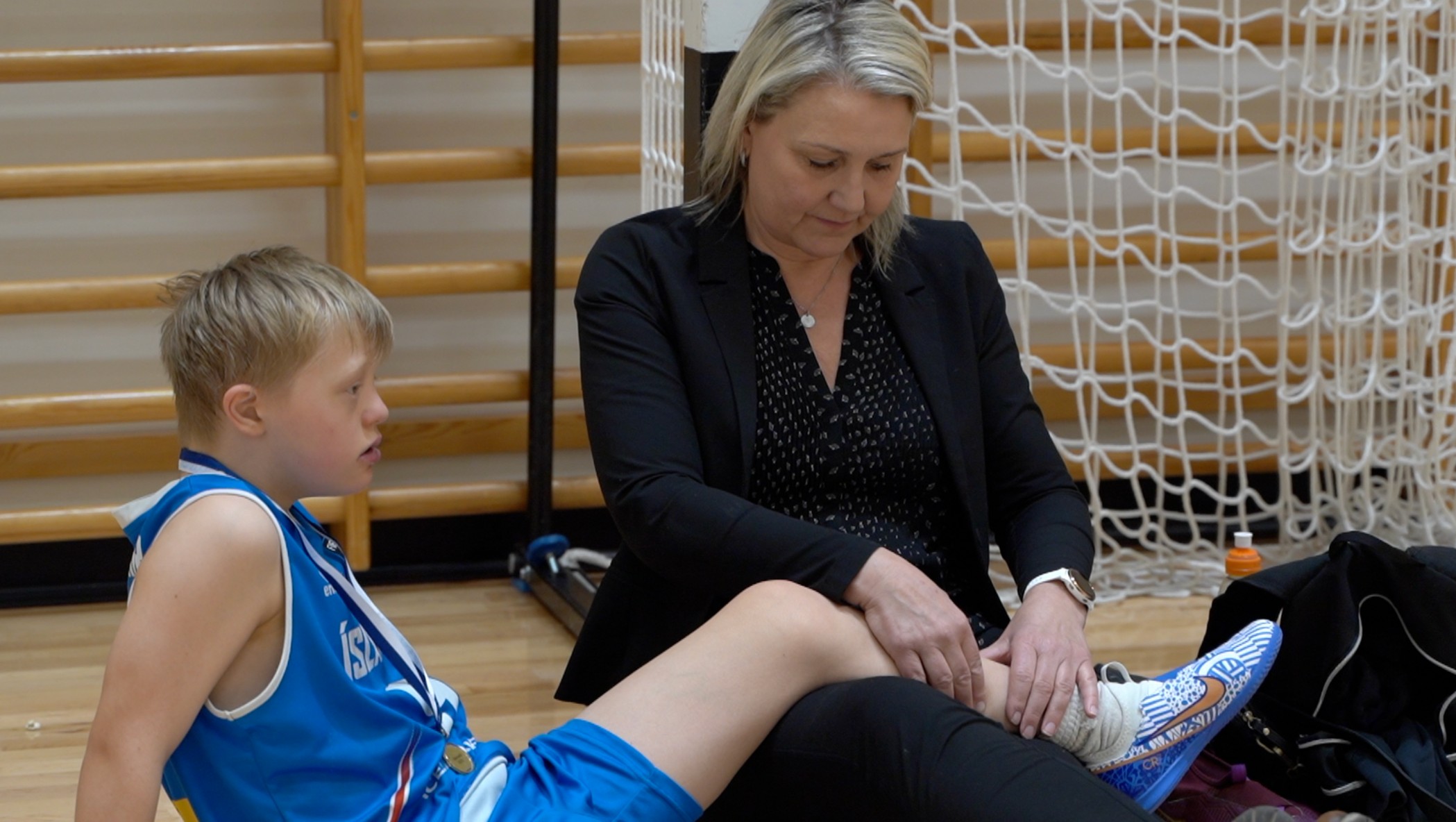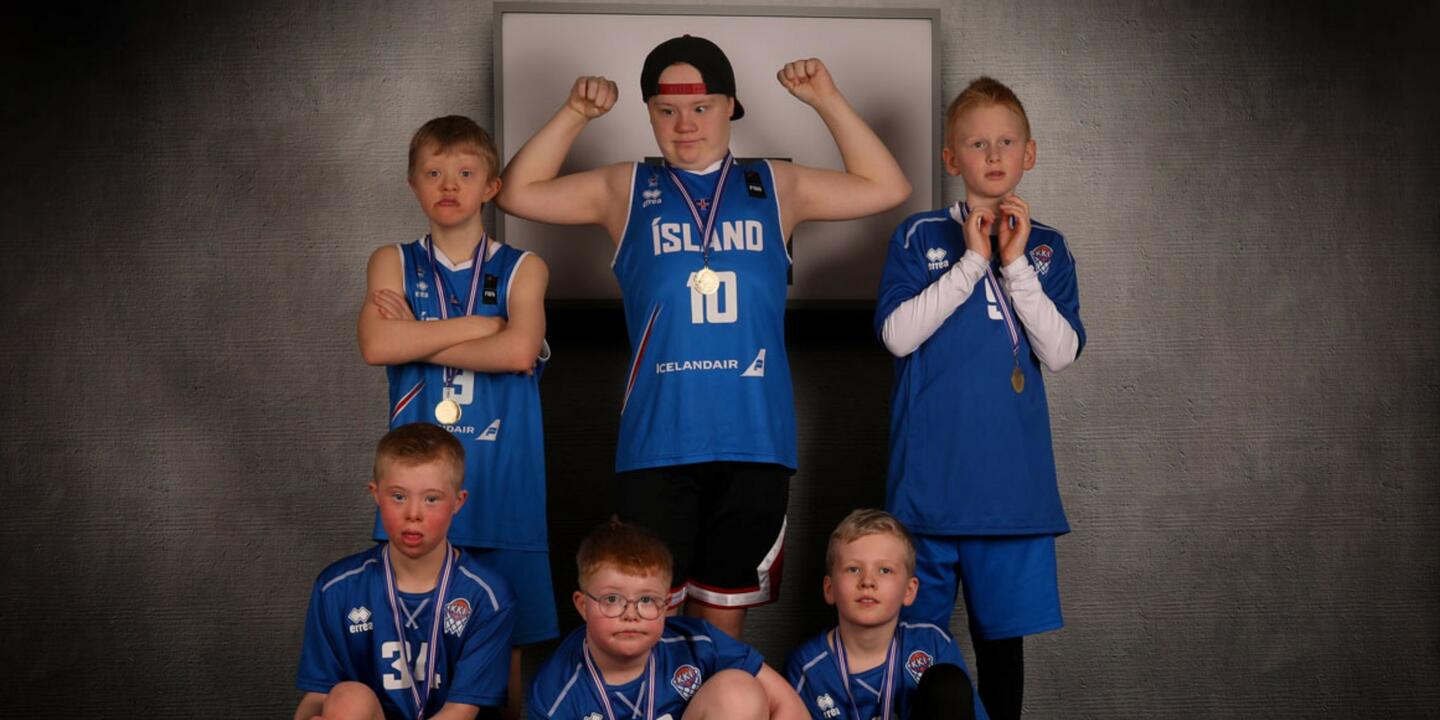
The (long) path towards inclusion
According to the World Health Organization, worldwide, 1.3 billion people live with significant disabilities. That’s one in every six people. Among them, children with disabilities face some of the toughest challenges. The EU Fundamental Rights Agency tells us a hard truth: children with disabilities face significant barriers to enjoying their fundamental rights. They are often excluded from society, sometimes living in facilities far from their families. They are also denied access to basic services, such as health care and education, and endure stigma and discrimination, as well as sexual, physical and psychological violence. This isn’t just about numbers – it’s about real lives affected by social stigma, physical barriers and not enough policies that welcome everyone.
These barriers deny children the right to play, to be part of a team or to simply be kids – rights that are theirs according to the United Nations Convention on the Rights of Persons with Disabilities.
Even with the EU’s comprehensive strategy for the rights of persons with disabilities 2021 – 2030, aimed at fostering inclusion and ensuring equal rights, these children often face systemic barriers in education, healthcare and social integration.
People with disabilities should be able to participate equally in all areas of life. Living independently, learning in an inclusive environment, and working under appropriate standards are conditions that we need to ensure to all citizens to enable them to flourish and live life to the fullest. Commissioner for Equality, Helena Dalli
Fostering inclusive communities is not just an ideal – it's an imperative. But the challenge is monumental: to weave the threads of inclusion into the very fabric of society, starting with the youngest among us – our children.
Sports is one of the keys to do that. Research shows that participating in organised sports has a range of benefits for children, particularly those living with intellectual disabilities. That is why partners from all over Europe have joined forces and designed the project ‘‘Inclusion through sports for children with developmental disabilities', supported by the EEA and Norway Grants through the Fund for Regional Cooperation. A project that has changed the lives of thousands of children in Europe and is inspiring others to do the same.

One project – thousands of opportunities for children
The ‘Inclusion through sports for children with developmental disabilities’ project isn’t merely a sports project – it's a visionary blueprint for social change. It started in January 2021 and has, since then, connected over 5,200 children across 55 cities in central and southern Europe and the Balkans to participate in sports competitions, transcending geographical and social divides.
The project has given an opportunity to children with developmental disabilities to overcome isolation, by encouraging them to learn and play together, promoting inclusion in the community and among youth – and helping family members regain trust in their children’s abilities.
The project is coordinated and managed by Motivation Romania Foundation in partnership with Special Olympics organisations in Romania, Iceland, Slovakia, Bosnia and Herzegovina, Montenegro, in addition to the Special Olympics Europe Eurasia Foundation and the Poznan University of Physical Education. Through this partnership, each organisation brings a specific set of expertise, local outreach and project delivery capabilities. The coaches, volunteers and organizers from all institutions have organised thousands of sports activities and competitions, such as football or basketball games, contributing to improving the cognitive, social and motor abilities of children.
Hilmir’s story: a lesson of humanity

One of the children who participated in these activities is Hilmir, an Icelandic basketball player whose life has transformed thanks to sports. Hilmir has Down’s syndrome, and this has never been a barrier in sports. “Hilmir has grown as a person and his confidence has grown a lot in so many ways”, says Hilmir’s mum. “It means a lot to Hilmir to be able to play one of his favourite sports with his colleagues. For us, as a family, it means a lot to see our son make new friends and connections”, she adds.
Hilmir started playing basketball when he was three years old. Now, he spends every Saturday with his peers at the Basketball Club Haukar, where he is just one more. “Today, my team, Haukar Special Olympics, is competing in a basketball tournament in Iceland with more than 1,000 kids,” says Bara, Hilmir’s coach. “It is important for us as the only Special Olympics basketball team in Iceland to be part of this,” she adds.

The ‘Inclusion through sports for children with developmental disabilities’ project is yet another example that shows that children like Hilmir should never be defined by their disabilities, but by their shared humanity and indomitable spirit – a true reflection of the inclusive Europe we strive to build.
This project is one initiative out of the 21 projects supported by the Fund for Regional Cooperation that are tackling common European challenges through regional cross-border and transnational cooperation. The € 34.5 million Fund supports cooperation projects focusing on knowledge sharing, exchange of good practice and capacity building across the priority sectors of the EEA and Norway Grants 2014-2021.
Find out more about all the projects supported by the Fund for Regional Cooperation here.
_________________________________________________________________________________________________________

This article is part of the #OurStories campaign. The campaign looks at the vast variety of inspirational stories of projects and connections made possible through the EEA and Norway Grants. We will be sharing these stories on this website through articles and videos published on social media and Youtube. More importantly, #OurStories is a platform for the thousands of project participants who have in one way or the other been involved in projects made possible by the EEA and Norway Grants.
Follow us on social media(@EEANorwayGrants) to stay up-to-date on #OurStories and find more stories here.
